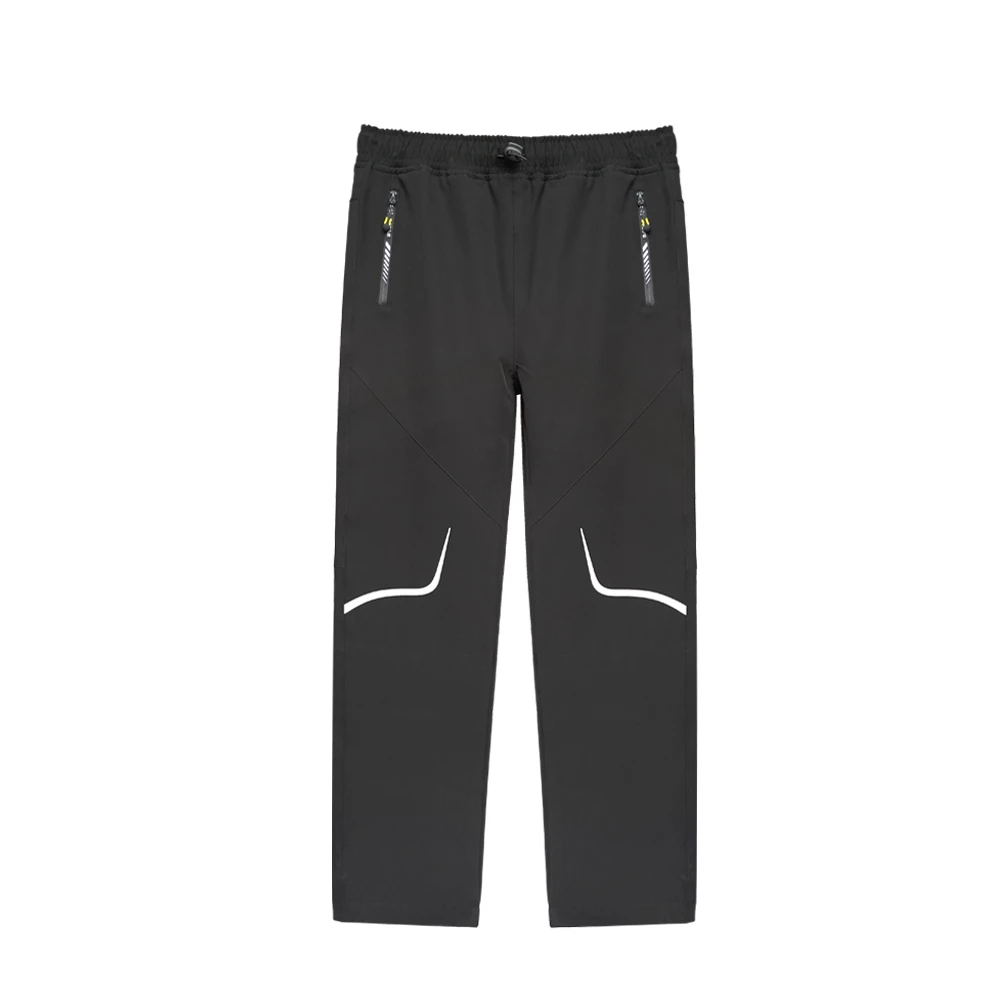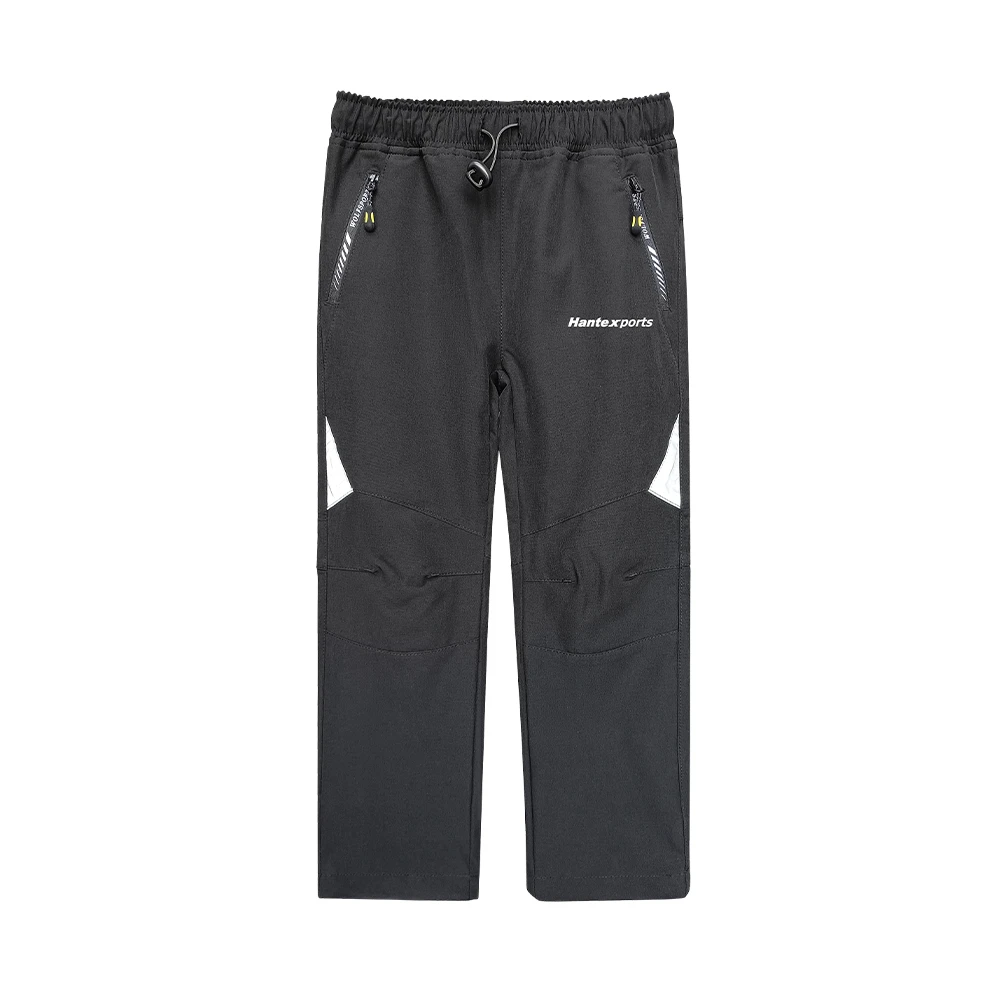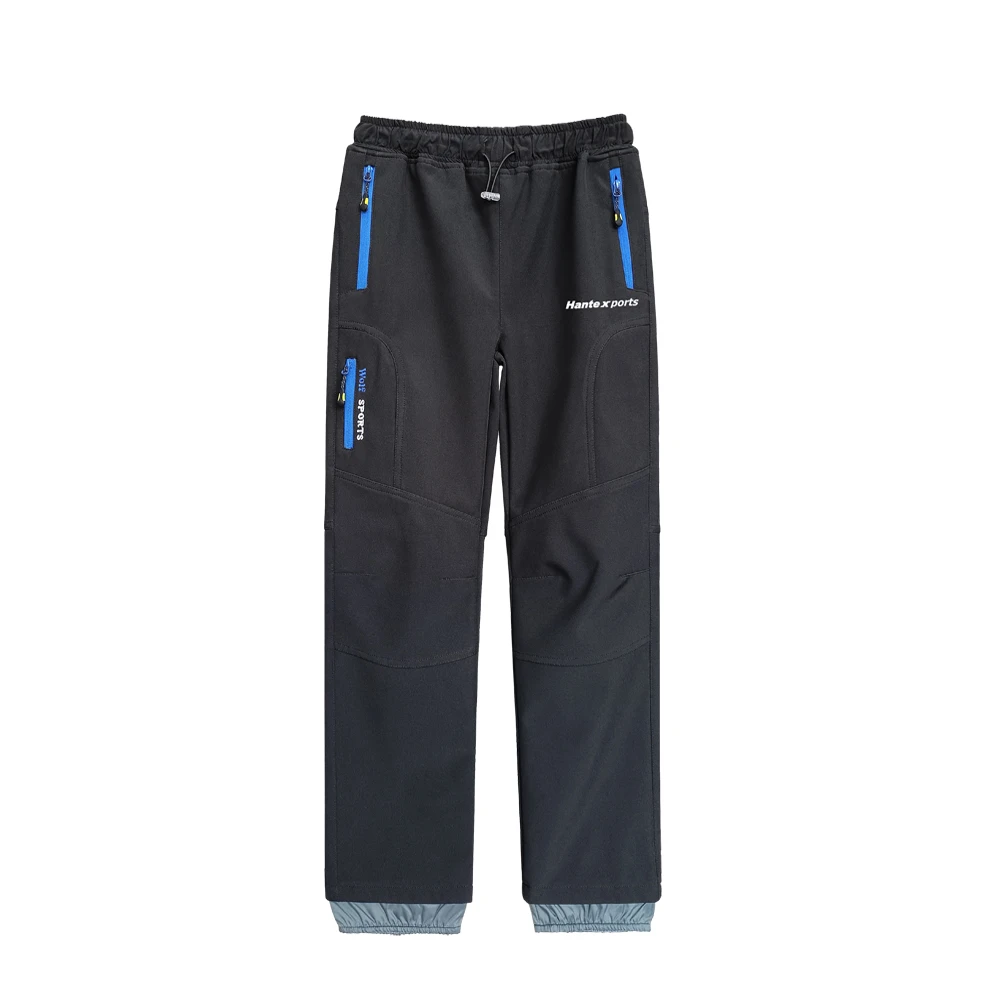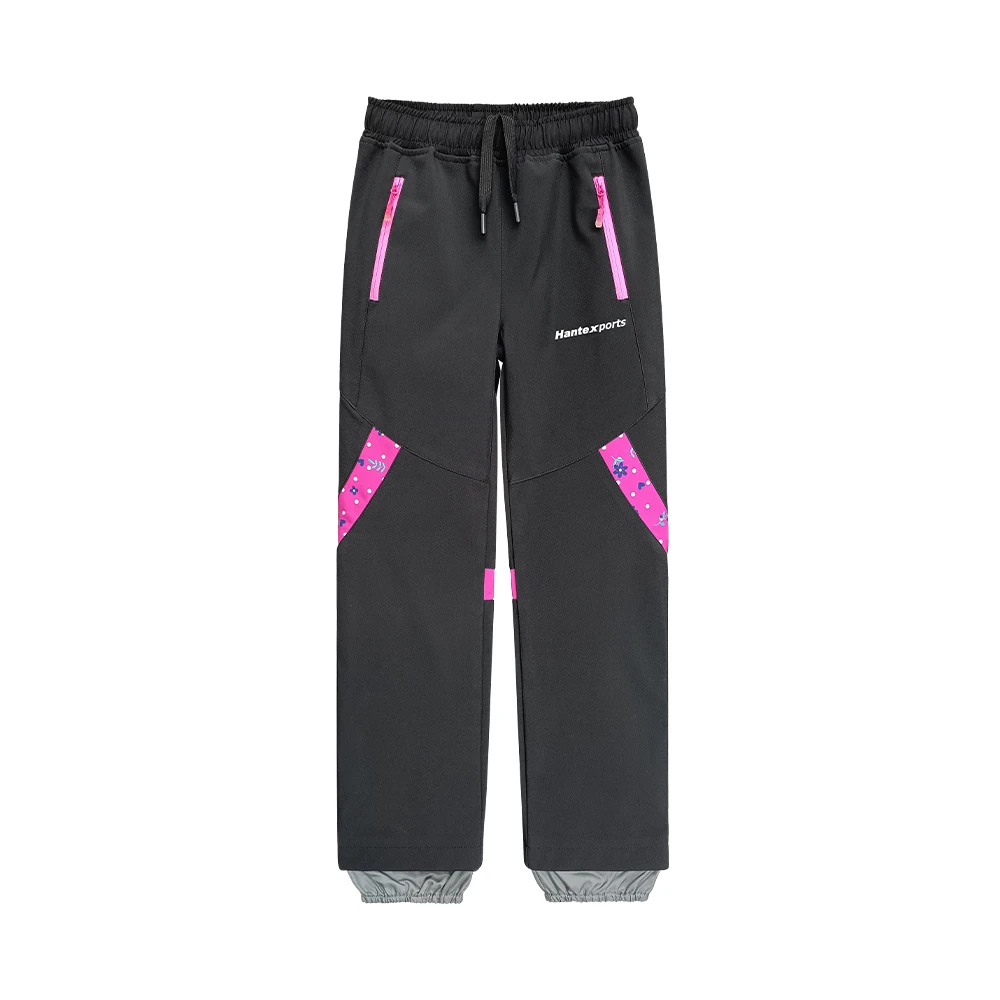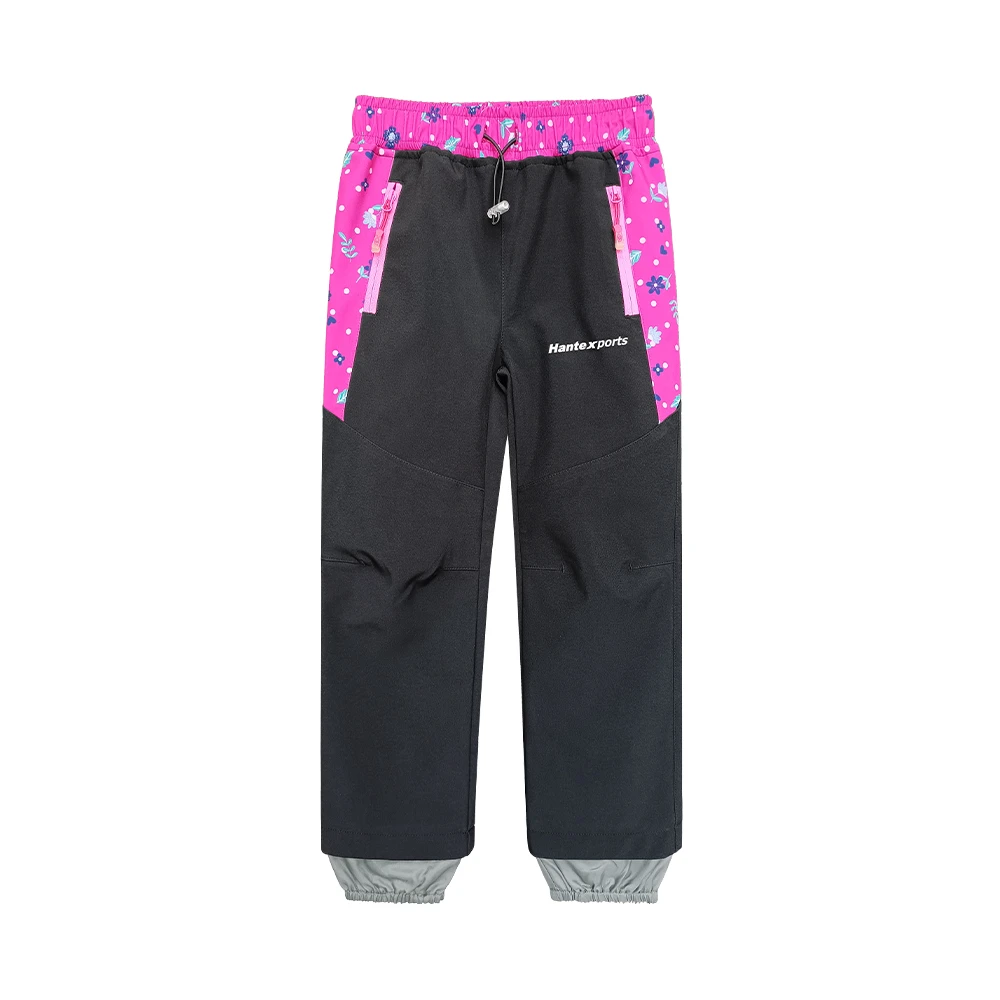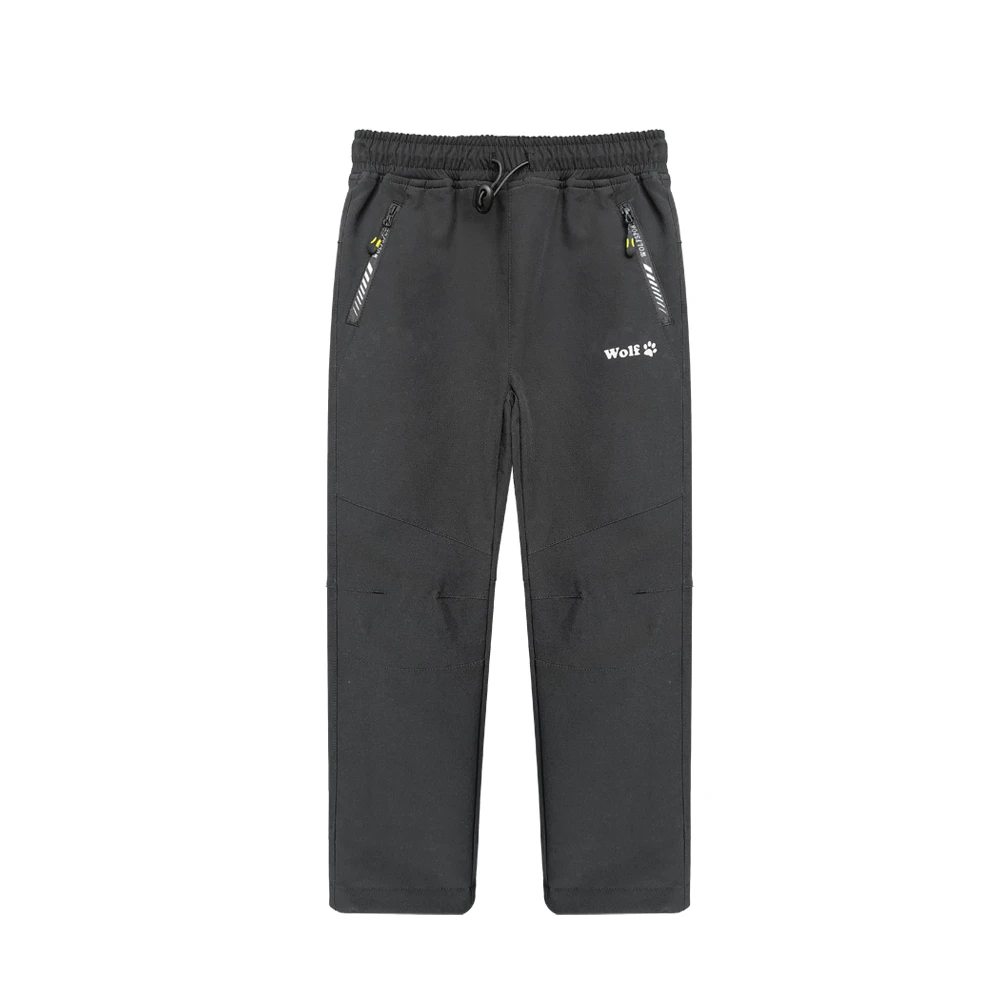The Disposable Culture A Double-Edged Sword
In today’s fast-paced world, the concept of disposability has become an integral part of our daily lives. Disposables — ranging from plastic utensils to fast fashion garments — have been lauded for their convenience, yet they pose serious challenges to our environment and societal values. This article explores the dual nature of the disposable culture, highlighting its benefits while also addressing its significant drawbacks.
The rise of disposable products can be traced back to the mid-20th century, with the advent of convenience-oriented consumerism. These products were designed to be used briefly and discarded, catering to a rapidly changing lifestyle where time was becoming more precious. The convenience offered by disposables made life easier for busy individuals, allowing them to focus on work and social engagements without the added burden of cleaning and maintaining reusable items. In this sense, disposables can be seen as a hallmark of modern efficiency, enabling us to prioritize ease and speed in our everyday routines.
However, the benefits of disposability come at a cost. The environmental impact of disposable products is staggering. The convenience of single-use plastics has led to a pervasive problem of pollution. Plastic waste clogs our oceans, harming marine wildlife, and contributing to the larger crisis of climate change. According to various studies, it is estimated that millions of tons of plastic enter the ocean each year, creating islands of debris and permanently altering natural ecosystems. Furthermore, many disposable products are not biodegradable, leading to their accumulation in landfills for centuries.
disposable

Moreover, the disposable culture fosters a mindset of excess and wastefulness. When products are designed to be thrown away after a single use, it diminishes our appreciation for quality and sustainability. Fast fashion, for instance, encourages consumers to purchase cheap, trendy clothing at an alarming rate, only to discard them once they fall out of style. This not only contributes to waste but also fuels a cycle of overproduction that depletes natural resources and exploits labor in developing countries.
In light of these issues, there has been a growing movement toward sustainability and responsible consumerism. Many individuals and organizations are advocating for a shift away from disposable products, urging a return to reusables. Brands are beginning to recognize the importance of environmental responsibility and are developing innovative options that cater to eco-conscious consumers. Reusable shopping bags, stainless steel water bottles, and biodegradable utensils are just a few examples of alternatives that help mitigate the negative impacts of disposables.
Education plays a crucial role in combating the disposable culture. By raising awareness of the environmental consequences of our choices, we can encourage more thoughtful consumption. Schools, community groups, and media campaigns can help highlight the importance of reducing waste, promoting reusability, and encouraging individuals to make informed choices based on sustainability.
In conclusion, while the convenience of disposables has shaped our modern lifestyle, it poses significant environmental and ethical challenges. Balancing the advantages of convenience with the responsibility of stewardship is essential for creating a sustainable future. As consumers, we hold the power to drive change by opting for reusable products, supporting sustainable brands, and fostering a culture of mindfulness in our consumption habits. The journey toward reducing disposability requires collective effort, but the benefits extend far beyond convenience — they pave the way for a healthier planet and a more sustainable society for generations to come.
